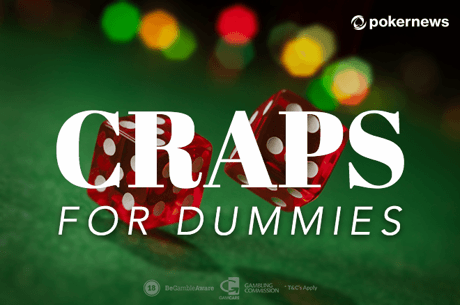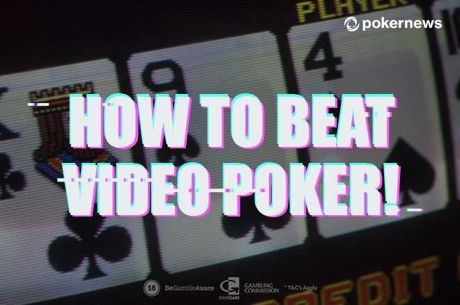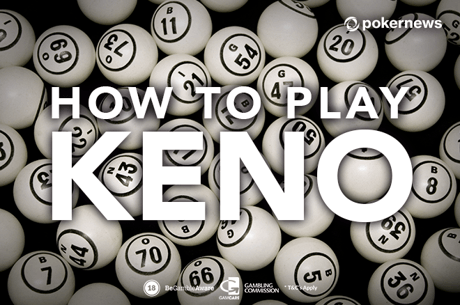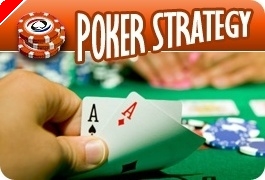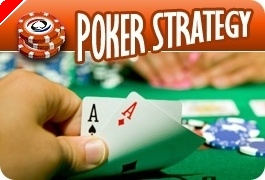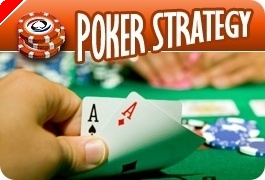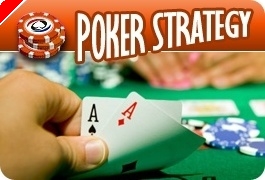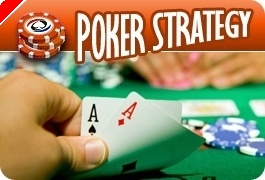Stud Poker Strategy: Do Tell! Part 4 of 4
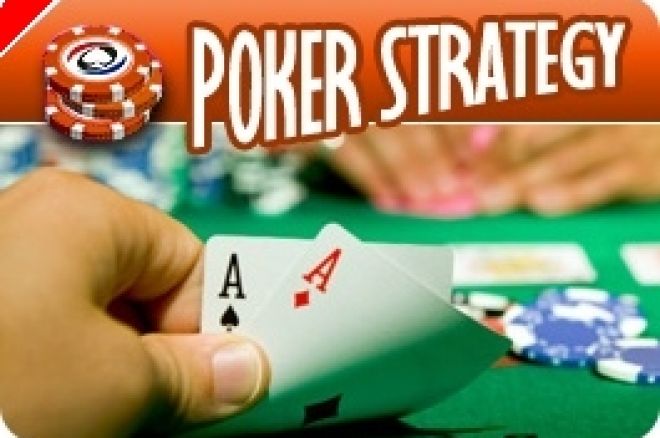
[Editor's Note: This column continues from Part 3, found [URL=" https://www.smsmarketingexamples.com/news/2007/11/do-tell-part-3.htm"]here[/URL].]
Disguising Your Own Tells
In my last three columns, I showed you how to figure out your opponents' hands �C a combination of figuring out the type of player you were against, deducing their hands from their betting action and the exposed cards, and by recognizing some fairly simple unconscious actions that players make at the poker table. In this column I'd like to give you an idea of how to block other players from figuring out your hand.
First of all, in stud your hand is going to be at least partially transparent. That's the nature of stud. It's impossible to convince your opponents that you don't have the cards that you have exposed. Your up cards provide your opponents with a window into your hand no matter what you do. You pair your exposed ace on fourth street after raising with it on third, and no one is going to think you're bluffing. They're going to deduce that you had a pair of aces on third street �C or at least a wired pair with an ace kicker �C and are now betting with trips or aces up. There just isn't a disguise thick enough to conceal that in a stud game.
Similarly, you should recognize that good players will remember your action. They will recall that you opened the betting with your exposed premium card on third street �C and that you led the betting the whole way. Though you may not like the fact, they will have a good notion of your style of play. If you tend to play strong cards strongly �C and you don't mess around much with lower-quality hands �C good players will remember this.
Fortunately for you, many of your players will not be good players. In fact, you want to use your understanding of opposing players to find games with at least a few bad players. Against bad players you don't have to worry much at all about how your betting action and style will give your hand away �C because your opponents won't be observant or attentive enough to notice. They are ideal opponents for that very reason. Play against them straight forward �C betting when you have a good hand, calling when you're on a draw, and raising when you think you have them beaten and you'll just take in the money.
Even so, you will often find yourself in games with good players �C or even mediocre players who at least have enough awareness at the table to figure out your basic style of play. What can you do against them to conceal the true strength of your hand?
My first rule is that you need to be completely aware of your image. And it must be your image to the table, not your image in your own mind of what kind of player you are. For example, though you may think yourself a tight-aggressive player, if you've recently lost a few showdowns in a row when your draw didn't come in, other players may see you as a fish. Similarly, even if you know that you can be aggressive without the nuts, if you haven't gotten any quality starting cards for an hour and have folded just about everything, the other players at the table may view you as a rock.
Be aware of your image in their mind.
Recognize that for players who haven't played with you much, your image in their mind will be your recent play �C not your lifetime of play.
Use this recently carved image to take advantage of your opponents' conceptions. So, for example, just by being aware that you have a tight image you can bluff more readily �C because your opponents think you tight. If you've won a few pots uncontested with scare cards and then gotten caught bluffing, recognize that you can bet a monster with more confidence that you'll be called �C since your recent image is that of a bluffer.
In short, take advantage of the image you have created in the short term.
As far as not giving off those unconscious tells, here are some generally sound rules to live by.
Remember your down cards. As I mentioned in a prior article, you give away a lot if you recheck your down cards at critical times. On the other hand, if you don't think you can do that, the next best thing is to check your down cards all the time �C so no one can properly infer anything when you look.
Pause a couple of seconds and think on the river, no matter what you are going to do. You do not want to give away a borderline hand by pausing. By pausing, at least slightly, all the time, you will avoid giving away this tell.
Wear sunglasses, a hat with a brim, a hood, and anything else you can think of that will obscure your face and, most importantly, your eyes. Eye movement is very hard to disguise �C especially against someone trained to notice whether your pupils are dilating (indicating pleasure). Similarly, some claim to be able to notice your pulse quickening in the artery in your neck. So if all else fails, cover it up with a turtleneck and/or a hooded sweatshirt.
Every so often, when you miss you hand, take a while before throwing it away. Let your more observant opponents think that they can manipulate you into folding on the river by making a bet. This will end up costing them money in the long run as they try to run you off powerful hands.
Finally, nothing substitutes for a close friend who is a poker player sweating you from across the table. See if he picks up anything that you seem to be doing. And make sure he's a friend you can trust.

